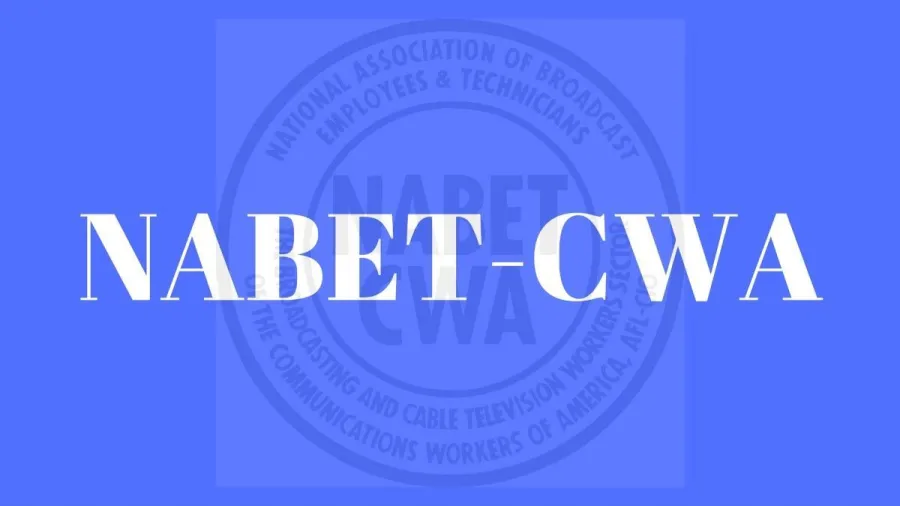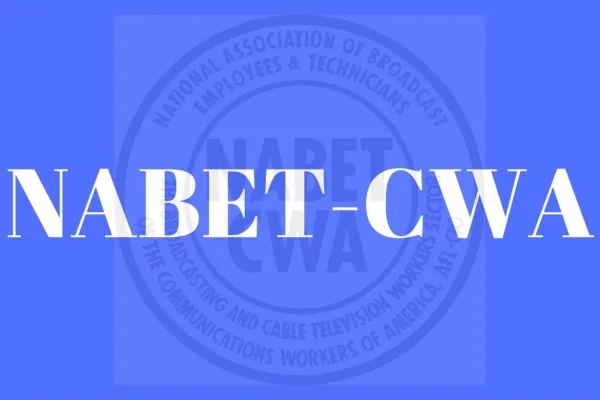Summary: CARES ACT

After the Families First Coronavirus Act (H.R. 6201) was signed into law, legislators began working on a third package to continue to help working families during the crisis. Mitch McConnell and Senate Republicans introduced the S.3548, the CARES Act, which fell short in addressing the needs of workers. The bill provided a bailout for corporations with no protections for workers, inadequate resources for hospital and healthcare providers, and no economic relief for struggling families.
Thankfully, House and Senate Democrats fought against this corporate windfall and pushed them to move legislation that would actually benefit workers.
The result of these negotiations is a bill that still leaves a number of critical needs for workers unmet and CWA is committed to continue fighting for those vital protections and investments. But this legislation, because of Democrats in Congress, provides significant actual relief for working families. Specifically, the bill includes:
Airlines
- $25 billion in grants and $25 billion in loans to the aviation industry
- A requirement that airlines maintain payroll, wages and hours through at least September
- Includes language that protects collective bargaining agreements from forced changes if an airline receives aid
- Prohibits airlines from raising executive pay or engaging in stock buybacks or dividends through September 2021
- This will keep thousands of CWA members employed through a crushing blow to the industry
Health Care Investments
- Includes a large investment in hospitals, health system and state and local governments in this agreement, to give them the resources they desperately need during this emergency
- $100 billion for grants to hospitals to cover the costs of unreimbursed health care treatment during the crisis
- $1.5 billion to state and local governments for the purchase of Personal Protective
- Equipment and other supplies
- $16 billion for the Strategic National Stockpile for critical medical supplies, personal protective equipment, and life-saving medicine
- $3.5 billion to advance construction, manufacturing, and purchase of vaccines and therapeutics
- Provides $1 billion in funding to purchase supplies through the Defense Production Act
Tax Credits for Companies Maintaining Payroll
- Provides companies with a payroll tax credit of 50% for the first $10,000 of wages paid to employees while not actually providing services to the company due to COVID-19
Individual Payments
- Full one-time payment of $1,200 if available to individuals making up to $75,000 or couples making $150,000, then decreases on a sliding scale
- Payments are only to those with social security numbers and those who filed a 2018 tax return
- Another credit of $500 per child is also included
Unemployment Insurance
- Expands and improves the unemployment insurance program to provide much more generous benefits and ensure it covers all workers, whether they work for businesses small, medium or large, along with self-employed and workers in the gig economy
- Unemployment checks will be increased by $600/week for four months
- Provides 13 extra weeks of unemployment for workers who remain unemployed after their benefits run out due to the pandemic
Mortgage/Rental Assistance
- Prohibits foreclosures on federally-backed mortgage loans for 60 days
- Provides up to 180 days of forbearance for borrowers of a federally-backed mortgage loan who have experienced a financial hardship related to the COVID-19 emergency.
- Prohibits eviction proceedings from starting for 120 days on any federally-backed properties
- Includes more than $7 billion for affordable housing and homelessness aid programs
- Any lender who agrees to forbearance or modification as the result of the crisis is required to submit a borrower’s status as “current” to credit reporting agencies so that borrowers don’t face harm to their credit as a result of this relief
Student Loans
- Eliminates income tax on student loan repayment assistance by an employer
- Waives the institutional matching requirement for campus-based aid programs
- Makes changes to work study, Pell Grants, and federal student loans to ensure that students are not penalized financially or in terms of eligibility if they are unable to complete their academic year due to the crisis
- Defer student loan payments, principal, and interest for 6 months for federal student loan borrowers
State/Local Government Assistance
- Contains a number of other forms of assistance in addition to hospital/health care investments
- $30.75 billion in grants to help local school systems
- Those funds are in addition to a $150 billion fund to States, Territories, and Tribal governments to use for expenditures incurred due to the public health emergency with respect to COVID-19 in the face of revenue declines, allocated by population proportions, with a minimum of $1.25 billion for states with relatively small populations
Additional Corporate Aid
- Much of the attention on this bill has gone to the direct aid to large corporations
- The bill still includes $500 billion in assistance to companies (including the airline aid), but there are now additional conditions put on these loans and loan guarantees
- Bans stock buybacks and dividend payments for the term of the government assistance plus 1 year on any company receiving a government loan from the bill;
- Requires all loan recipients to keep at least 90% of employees on payroll
- Includes language that protects collective bargaining agreements from forced changes
- Only companies who have the majority of their employees in the U.S. will be eligible
- Caps executive pay at companies that receive assistance under the bill
- Requires weekly public reporting
- Prohibits businesses controlled by the President, Vice President, Members of Congress, and Cabinet Members from receiving loans or investments from Treasury programs.
- While insufficient, these conditions make it more likely that the aid will actually protect workers and jobs.
Elections
- $400 million in election assistance for the states to help prepare for the 2020 election cycle, including to increase the ability to vote by mail, expand early voting and online registration, and increase the safety of voting in-person by providing additional voting facilities and more poll- workers.
Senate Democrats have negotiated a much improved deal for working families, but more needs to be done to ensure that all workers can survive the crisis. For example, many workers remain without paid sick leave and paid family leave, OSHA protections are inadequate for our health care workers and other frontline workers, more needs to be done to ensure that health care workers have the equipment they need, and we need more support to ensure elections go forward smoothly and safely if the crisis is still ongoing this Fall.
NBC Master Agreement Ratification: Bulletin #11 - Membership Ratifies a New Master Agreement


